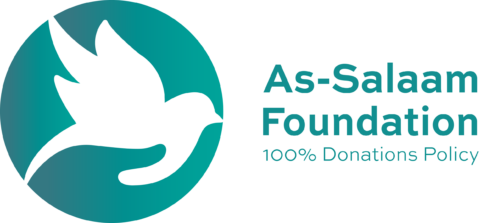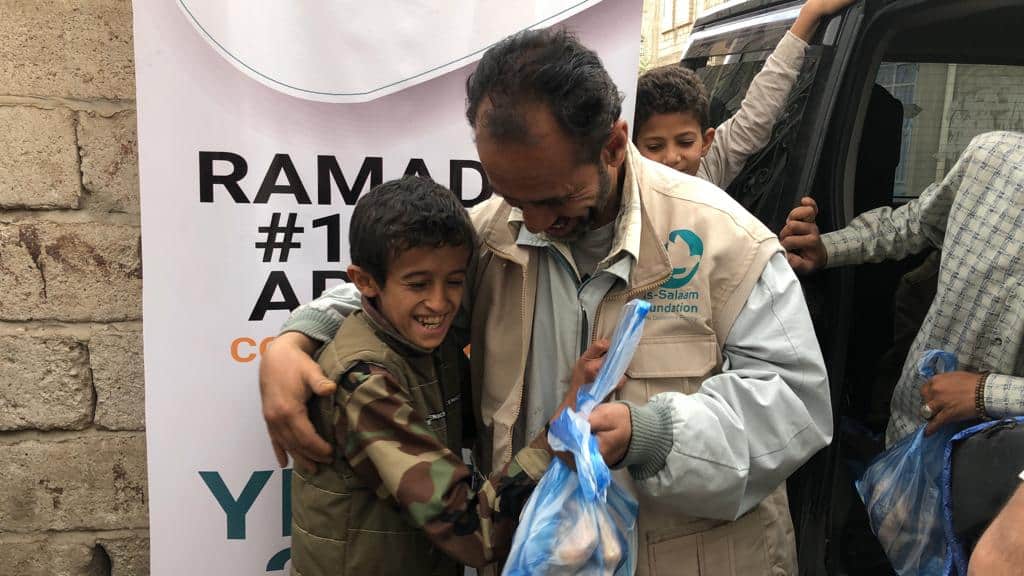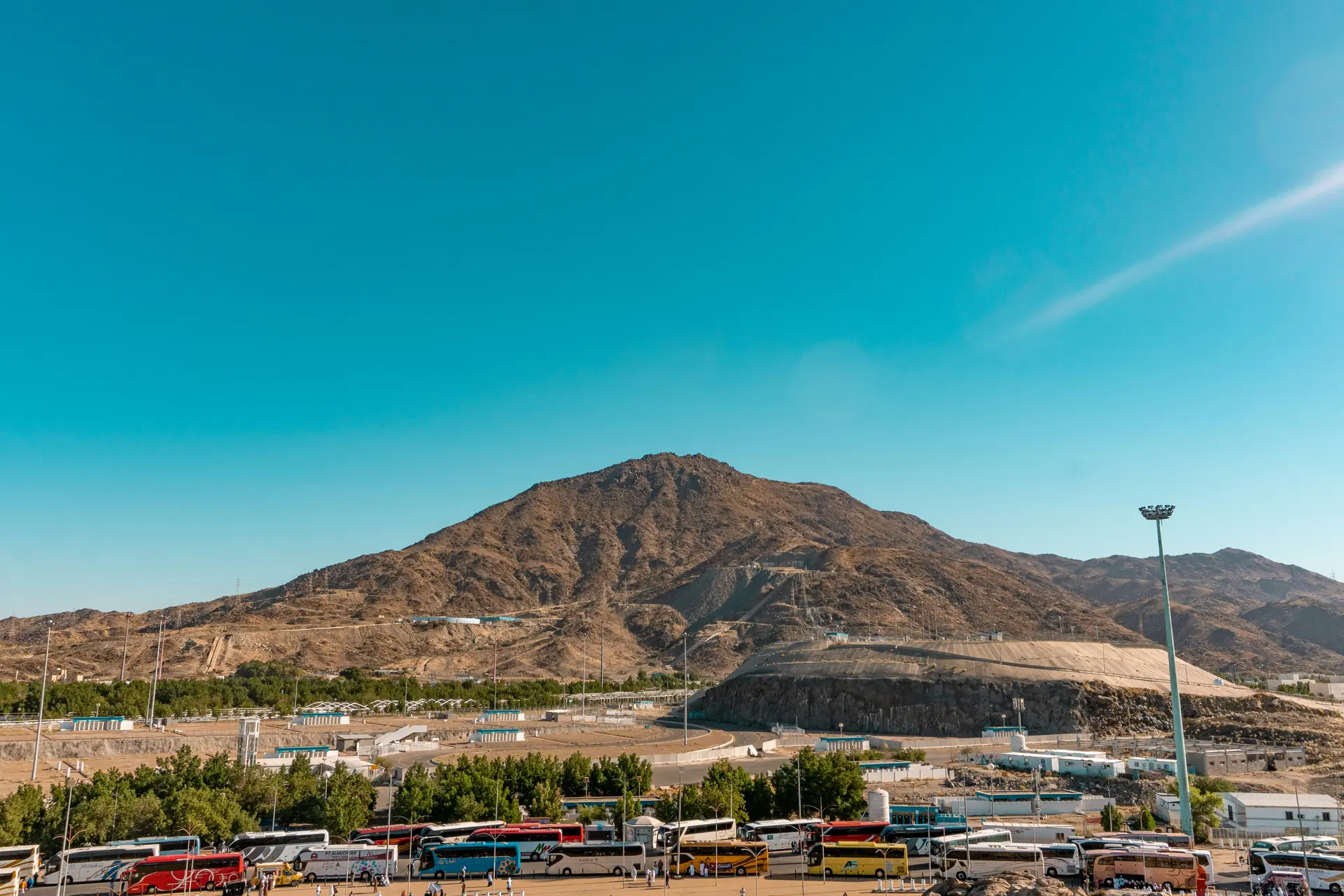Zakah and Salah: Twin Sisters in the Quran
Zakah and salah (prayer) are often mentioned together in the Quran, symbolizing their inseparable nature in a Muslim’s faith. Allah says:
وَمَآ أُمِرُوٓا۟ إِلَّا لِيَعْبُدُوا۟ ٱللَّهَ مُخْلِصِينَ لَهُ ٱلدِّينَ حُنَفَآءَ وَيُقِيمُوا۟ ٱلصَّلَوٰةَ وَيُؤْتُوا۟ ٱلزَّكَوٰةَ ۚ وَذَٰلِكَ دِينُ ٱلْقَيِّمَةِ ٥
And they were not commanded except to worship Allāh, [being] sincere to Him in religion, inclining to truth, and to establish prayer and to give zakāh. And that is the correct religion.
(Quran 98:5)
While salah strengthens our connection with Allah, zakah strengthens our connection with society. Both are essential in Islam for a balanced and fulfilling life. Salah purifies the heart, and zakah purifies wealth, and together, they create a spiritually rich and socially responsible Muslim community.
The Wisdoms of Zakah
Zakah is not merely a financial obligation; it is a profound act of worship with deep wisdom embedded in its practice.
1. Purification
The root word of zakah means purification. Just as salah purifies our soul, zakah cleanses our wealth and purifies our hearts from greed and selfishness. By giving a portion of our wealth to those in need, we purify our intentions and strengthen our reliance on Allah as the true Provider.
2. Growth
The word zakah also signifies growth. Giving zakah doesn’t decrease wealth; rather, it allows it to grow in barakah (blessings), as the Prophet ﷺ said in a hadith collected by Imam Muslim. This growth extends beyond material gains to include spiritual enrichment, a stronger faith, and a greater sense of gratitude.
3. The Right of the Poor and the Moral Economy
Allah reminds us of the moral duty embedded in zakah:
وَفِىٓ أَمْوَٰلِهِمْ حَقٌّۭ لِّلسَّآئِلِ وَٱلْمَحْرُومِ ١٩
(Quran 51:19)
And from their properties was [given] the right of the [needy] petitioner and the deprived.
Zakah establishes a just and moral economy whilst making sure of the redistribution of wealth to maintain societal balance. It safeguards the rights of the poor and creates a sense of accountability among the wealthy.
4. Expiation of Sins
Zakah serves as a means to atone for our shortcomings. Allah says:
إِن تُبْدُوا۟ ٱلصَّدَقَـٰتِ فَنِعِمَّا هِىَ ۖ وَإِن تُخْفُوهَا وَتُؤْتُوهَا ٱلْفُقَرَآءَ فَهُوَ خَيْرٌۭ لَّكُمْ ۚ وَيُكَفِّرُ عَنكُم مِّن سَيِّـَٔاتِكُمْ ۗ وَٱللَّهُ بِمَا تَعْمَلُونَ خَبِيرٌۭ ٢٧١
(Quran 2:271)
If you disclose your charitable expenditures, they are good; but if you conceal them and give them to the poor, it is better for you, and He will remove from you some of your misdeeds [thereby]. And Allāh, of what you do, is [fully] Aware.
This powerful verse highlights how giving zakah not only benefits others but also helps purify our record of sins, drawing us closer to Allah’s forgiveness.
5. Receiving Allah’s Mercy
Zakah is a pathway to earning Allah’s mercy. In the Quran, Allah promises:
وَأَقِيمُوا۟ ٱلصَّلَوٰةَ وَءَاتُوا۟ ٱلزَّكَوٰةَ وَأَطِيعُوا۟ ٱلرَّسُولَ لَعَلَّكُمْ تُرْحَمُونَ ٥٦
(Quran 24:56)
And establish prayer and give zakāh and obey the Messenger – that you may receive mercy.
Through zakah, we align ourselves with the divine guidance of Allah, becoming deserving of His boundless mercy and blessings.
Sadaqah and Its Different Forms
While zakah is an obligatory act of charity, sadaqah represents voluntary charity. Its beauty lies in its breadth, encompassing monetary and non-monetary acts of goodness.
1. Spending on Family
Charity begins at home. Providing for our families with love and sincerity is considered a form of sadaqah. The Prophet Muhammad (ﷺ) said:
عَنْ أَبِي مَسْعُودٍ الأَنْصَارِيِّ، فَقُلْتُ عَنِ النَّبِيِّ فَقَالَ عَنِ النَّبِيِّ صلى الله عليه وسلم قَالَ “ إِذَا أَنْفَقَ الْمُسْلِمُ نَفَقَةً عَلَى أَهْلِهِ وَهْوَ يَحْتَسِبُهَا، كَانَتْ لَهُ صَدَقَةً ”.
Sahih al-Bukhari 5351
Narrated Abu Mas`ud Al-Ansari: The Prophet (ﷺ) said, “When a Muslim spends something on his family intending to receive Allah’s reward it is regarded as Sadaqa for him.”
2. Supporting Neighbors
Islam places great emphasis on caring for neighbors, encouraging acts of kindness and generosity toward those living nearby. A small gesture, such as sharing a meal, can be a powerful form of sadaqah.
3. Smiling and Kindness
The Prophet (ﷺ) reminded us that even simple acts like smiling at others are forms of charity:
عَنْ أَبِي ذَرٍّ، قَالَ قَالَ لِيَ النَّبِيُّ صلى الله عليه وسلم “ لاَ تَحْقِرَنَّ مِنَ الْمَعْرُوفِ شَيْئًا وَلَوْ أَنْ تَلْقَى أَخَاكَ بِوَجْهٍ طَلْقٍ ” .
Sahih Muslim 2626
Abu Dharr reported: Allah’s Apostle (ﷺ) said to me: Don’t consider anything insignificant out of good things even if it is that you meet your brother with a cheerful countenance.
Sadaqah is not restricted to wealth; it extends to any action that uplifts others and spreads positivity.
4. Caring for Animals and the Environment
Sadaqah encompasses acts of kindness toward all of Allah’s creation, including animals and the natural world. Whether it’s feeding a stray animal or planting a tree, these actions reflect our role as stewards of the earth and earn us rewards from Allah.
Intentions into Actions
Understanding the great wisdoms of zakah and the expansive nature of sadaqah should inspire us to make these practices a central part of our lives. They are not only acts of worship but also opportunities to purify ourselves, support others, and increase our imaan.
Take the first step today. Purify your wealth and support those in need by paying your zakah. Embrace the daily practice of sadaqah by sharing kindness, caring for your neighbors, or feeding the hungry.
Donate now and let your zakah and sadaqah become a means of growth and mercy, bringing blessings into your life and the lives of others.




